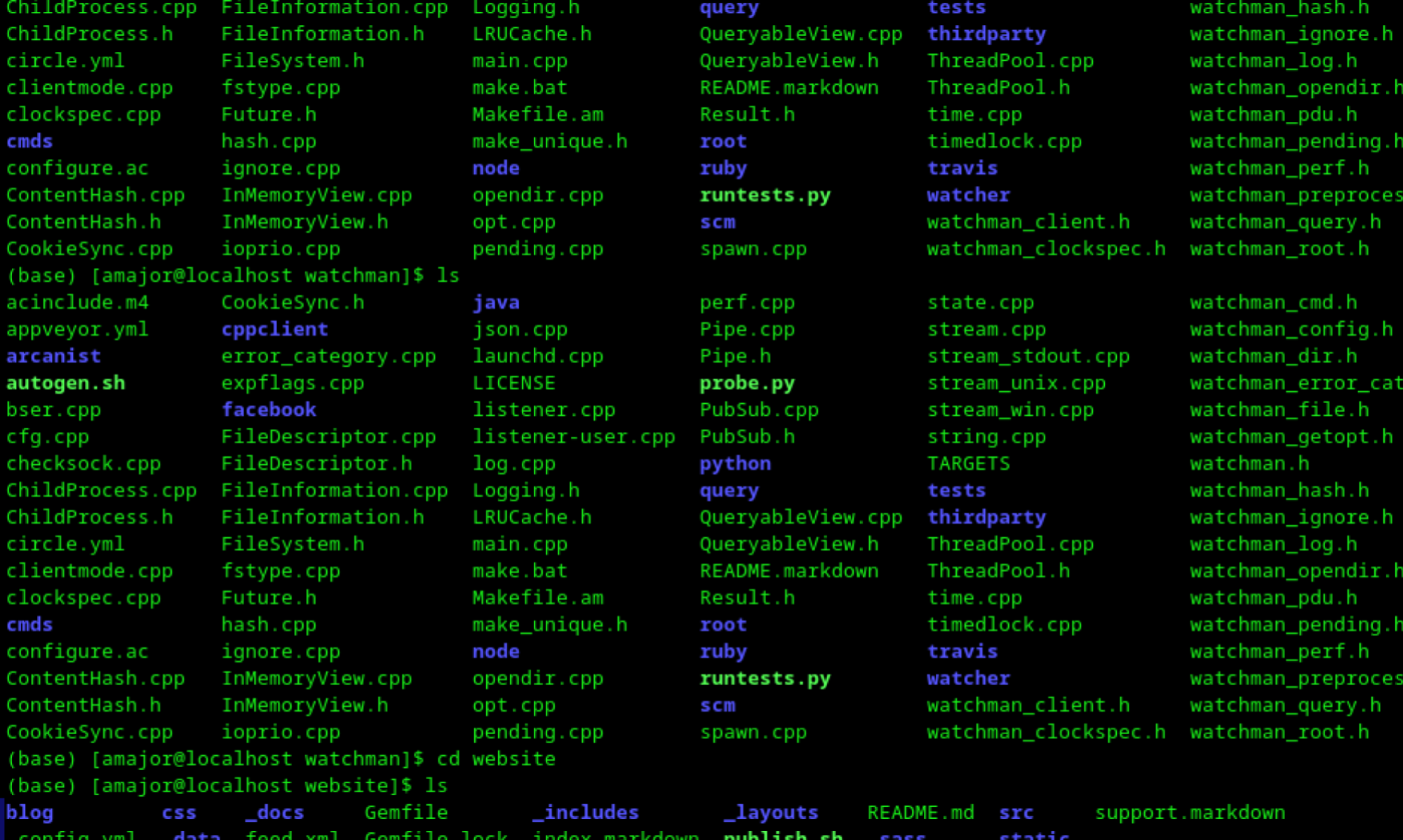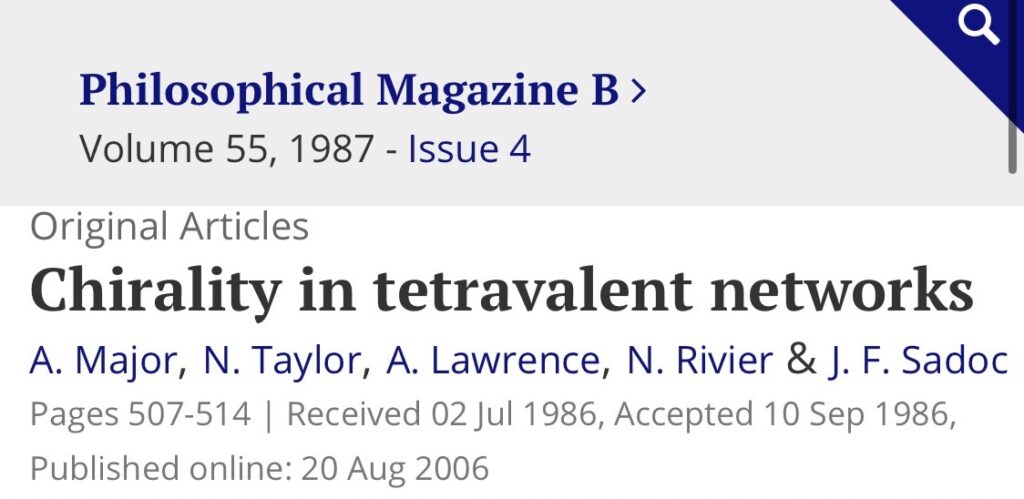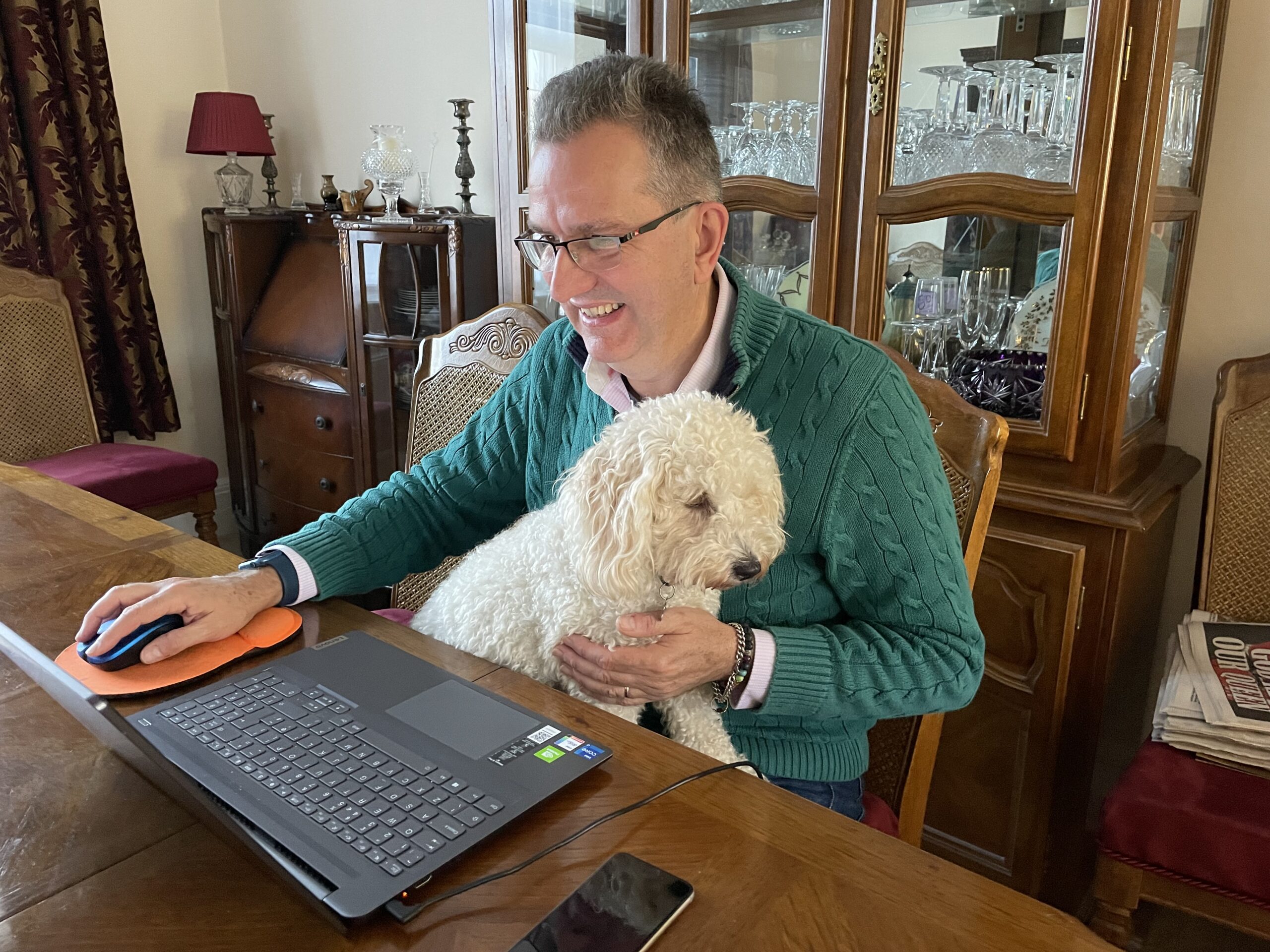
A little over a year ago, I started a challenge to write a haiku each day as a ‘micro-journaling’ experiment; and now, just over eighteen months later, it’s finally time to get serious about journaling.
Against all odds, the haiku (available here for the fool-hardy) have helped me in many ways – persistence, consistency and patience to name just a few (and I fully intend to keep on going, apologies). But when I recently came across Dr Izzy Sealey’s excellent YouTube video How To Journal To Become Unrecognisable In 3 Months I realised that there were potentially many other benefits to journaling which I wasn’t exploiting; it was time to up my game.
You see, it dawned on me while watching that video that despite the benefits, the haiku had, in some ways, been helping me to avoid the main issue. While I had cultivated the habit of examining the events of each day to find a theme, I was ignoring the part of journaling that I knew I would find the hardest; reviewing honestly and in detail the things that had gone well (or not) and what to do about them.
So, how do you get serious about journaling?
Good question, and the immediately obvious answer is to start journaling if you aren’t already (queue riotous applause); but why should you? Many people, myself included, feel an abstract draw towards it as a concept. Even before researching the benefits, it just felt like it was a good thing to do if you wanted to move forward and grow as a person; chances are, you wouldn’t be reading this article if you didn’t feel the same way. The first step is to make a conscious choice to get serious about journaling, and start to follow through on it.
But what if you are already trying to journal, with mixed success?
Certainly from my perspective it seemed easier to find a multitude of micro-reasons why not to make the effort each day. The thought of having to create some ‘epic’ text to suitably describe the Herculean efforts of each day can seem overwhelming at first, but there are strategies you can use to overcome this. Another problem is overcommitting; if you make your day too full, it is impossible to give your best to anything or anyone; even modest additions to such a schedule will make your day unmanageable, and your commitment at best sporadic (learning how to be more selective and know when to say no will definitely be the subject of a future article).
What are the first steps, then?
There are actually many different forms of journaling, each with its own merits and end-goals; and they are not all based around exhaustive diarising. You don’t have to try them all, but you can combine several of the less intensive ones to good effect.
For example, I like to start my morning with some simple gratitude journaling, where I simply reflect and think of three things I am immediately grateful for that day. They can be anything at all (beautiful sunlight filtering through the blinds), but the more you do it, the easier it becomes; and it sets an excellent tone for the rest of the day. You don’t even have to write them down to begin with, but it’s also a quite therapeutic to re-read them if you’re feeling a bit low.
In the evening, while reviewing the events of the day, I do my best to recall three things that went well, and three things I could have done better. Again, you don’t have to write them down at first if you find the thought daunting or embarrassing; but in time you will probably want a record, to review how things are changing.
As confidence grows, you can add the question: ‘How will I know tomorrow has been a good day?’, and try to think of one to three things to log.
How do you take things further (really get serious about journaling)?
Once a pattern is established, and you are journaling on more days than skipping, you might want to add some more adventurous exercises to the process.
If there is something on your mind, you can try a ‘five minute brain dump’, where you write, without pausing to think, about the issue in mind. Afterwards, spend some time looking at what you have written; this can be hard at first, but before long you will surprise yourself at what comes out. This hopefully isn’t something you will need to do every day, but if it feels like something has been troubling you for too long, give it a go. Interestingly, some writers use a similar exercise to get used to writing creatively about a range of topics.
If something unusual happened during the day (a ‘story-worthy’ moment), it can be a good idea to log that in your journal. It’s nice to be able to remind yourself of interesting things that you’ve experienced; but you can also use the exercise above to try writing about it if you feel that way inclined.
And finally…
Most challenging of all, and not for the faint of heart, you can try an expressive writing exercise. If there are persistent themes that trouble you, you can write openly and extensively to yourself abut them. It’s a bit like a longer version of the five minute brain dump, but untimed, and with pauses for reflection; you keep going until you feel you have ‘got it all out’. It takes courage to be honest with yourself about not always being the ‘perfect you’; but if you can take the plunge and work through the discomfort, it’s possibly where some of the biggest benefits lie in wait.
Ironically, it may well have been that realisation that was my ultimate reason for taking so long to get serious about journaling; I knew it would have to be faced one day, but tomorrow was always the best day to start thinking about that. There’s an interesting quotation:
Some people will never like you because your spirit irritates their demons.
Denzel Washington
But sometimes we irritate our own demons, and journaling is an excellent way to start changing that. I’d urge anyone to give it a try.










